

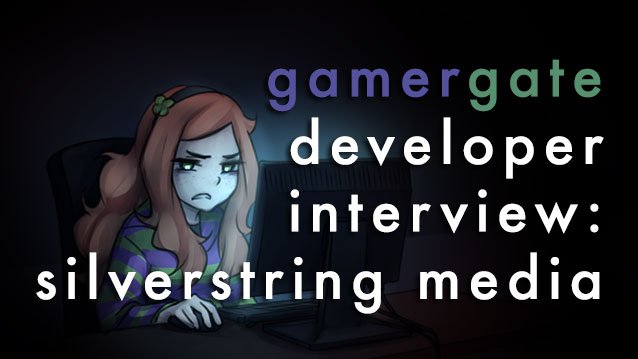
In our continued coverage of the GamerGate movement, I spoke with Lucas J.W. Johnson, Claris Cyarron, and ceMelusine of Silverstring Media, a design consultancy and game development studio. Silverstring Media became the center of a bizarre conspiracy, claiming that the company had its fingers in the pockets of game journalists, promoting an anti-gamer narrative.
Be sure to check out our previous interviews with game developer David S Gallant and Caelyn Sandel.
Please tell us a little about yourself and about the game (or games) you worked on. Tell us about what you have in store.
Silverstring Media is a small experimental game studio, as well as a design consultancy. We've done story development and writing for games like Extrasolar and Crypt of the Necrodancer, but are probably most well known for our original art game Glitchhikers. We're working on a couple new games currently, including an expedition into a ruined social network ruled by three gods; pledge yourself to them to gain their powers; see beyond sight, change the unchangeable, get invited to cool ghost parties.
Our company has a strong commitment to experimentation, to thematic depth in our designs, and to diversity in our stories and audiences. Silverstring has been a queer-positive and feminist studio from the beginning, and these qualities have only grown as we have brought others on-board. Normally this would be the part of the interview where we would say a few words about how important creating more diverse and safe spaces are in any creative culture, but honestly -- GamerGate has done nothing if not make it clear what kind of hell awaits should nothing change.
We've been doxxed, our Twitter feeds exploded, they've tried to get some of us fired from day jobs
How has Gamergate personally affected you and your team?
We've been doxxed, our Twitter feeds exploded (and then remained unusably toxic for long stretches of time), they've tried to get some of us fired from day jobs (fortunately this did not work as we are, in fact, professionals, and so are the folks we work with). We've definitely upped our personal security though, using two-factor authentication and new passwords and all that; and we took down the Team page on our website in an attempt to prevent any more of us from getting doxxed and harassed (which of course just led GGers to believe we were "hiding something" and frantically archive old, out of date copies of the page).
As a small studio trying to get a start in the industry, we worried that GG's allegations would cause people we actually respect to look past us, to not want to become involved with us (especially after being violently and repeatedly accused of already "having connections" to us, whatever that's supposed to mean).
But despite the ridiculous allegations against us, we've actually had it pretty easy compared to others, especially more prominent women in the industry.
Do you think that there are issues in games journalism that need to be addressed?
Yes, insofar as the bulk of large “games journalism” sites have remained remarkably aloof and quiet about what clearly amounts to a sustained and aggressive hate movement that thrives on misinformation and hearsay -- one that specifically targets the very people whom those same sites pass over for jobs time and time again, despite those minority voices being consistently among the best and brightest writers in the industry. While many sites have weighed in on GamerGate by now, the fact that they were beaten by major news networks like ABC and CNN (whose coverage was far less conciliatory toward the harassers) underlies their failure to provide meaningful information and commentary on the actual goings-on in gaming. Meanwhile, like Prometheus's liver, each day of the 140-or-so that GamerGate has gone on has seen renewed supplies of press-releases for us to gobble down, lovingly massaged into bite-sized article pâté by underpaid writers. Oh right -- critical and journalistic writing in the games industry often pays a pittance and even more often pays nothing.
So yes, we think games journalism has issues that need to be addressed. Horrifyingly, the above seems to be the only parts of games journalism that GamerGate DOESN’T think is disturbing or broken.
GamerGate has certainly influenced our work creatively too. We’re working on several new projects, and over the course of the last 4 months they have all gotten a bit darker.
Has Gamergate affected your ability to make games?
After Glitchhikers finished, we resolved to take a month or two off before starting our next original game. By August we had started to gain momentum, just in time to hit the GamerGate wall. Making games is a lot of work, especially when you are doing it around other jobs. If, on top of that, you are trying to make games while a group of people is trying to convince the world that you are some sort of evil dictator (or fake developer? or monied dandy? or incompetent PR firm? or mastermind manipulator? or the thousand other contradictory caricatures that we are supposed to simultaneously occupy), work becomes all but impossible. Worse still was watching our friends and peers suffer. It took over three months for us to be in a good place (mentally and emotionally) to really get back to doing what we love.
GamerGate has certainly influenced our work creatively too. We’re working on several new projects, and over the course of the last 4 months they have all gotten a bit darker. The ruined social network game we mentioned earlier was always meant to be a critical take on the ways in which we interface with the digital systems, networks, communities, and institutions that enable us to survive and thrive in the current cultural climate. Now... well it’s not easy to be confident that these systems do always allow for survival.
How would you respond to allegations that you are tied to both DARPA and Gawker Media?
~By pulling off these human flesh masks and using our moon beams to call for reinforcements from our draconian home planet!~
Mostly we respond by sitting around wondering where people come up with this stuff. We're a handful of friends a few years out of college trying to scrape by while making games we like. And yet somehow anonymous harassers on the internet believe we control Gawker Media and the IGF awards. We have literally been called "the final boss" of the internet. Multiple times. We've done well enough so far to stick around in a volatile industry, sure, and we are good at our jobs, but that's hardly final boss material. Really we're more of a mid-boss. In an early dungeon.
What GamerGaters hilariously fail to realize is that this “us-vs-them” mentality they are so keen to foster is only going to lead to the hated “collusion” (read: conversation and cooperation) that they seek to unmask. When GamerGate started frothing at the mouth that we control the IGF, several folks associated with the IGF followed us on Twitter or signed up for our newsletter. I can only imagine that they were quite curious who had supposedly been giving them phantom alien brainwave orders all this time.
We still see calls for more “investigation” into us every day.
What's it like being at the center of a conspiracy theory?
There are a lot of screenshots of our website on the internet with little red lines drawn on them in MS Paint.
It's been a perplexing, "Is this the real life?" few months. Beyond that, it has been very annoying; conspiracy theories make a mockery of the fascinating complexity of a given situation in favour of cardboard villains and tired narrative tropes. The kinds of stories that GamerGate wants to tell are exactly the kind of crappy limp storytelling that we got into this business to improve upon.
What impact do you think Gamergate has had on the industry?
The impact is that tons of folks who have already been told time and again by the industry-at-large that their survival is optional, their participation burdensome (no qualified women or POC applied to this job) have fallen prey to roving terror squads and abuser gangs -- fallen through the cracks one more level down toward hell. Folks are scared, tired, injured, and in that respect, GamerGate has had exactly the kind of impact that they wanted to have.
Deep down, it’s likely that GamerGaters want what every abuser wants, to keep their victims too afraid to meaningfully say no and too powerless to leave. After all, when the victim leaves, the abuser loses the fragile power born of terror and fear they once held. Sure, GamerGaters want their targets to fall, to fail, but it’s doubtful that they want total victory, because that means their fun ends. As far as they are concerned, they are fighting the good fight. What do they care if they have to push others under the water to stay afloat?
If you want to look on the bright side, then maybe it's a “good” thing that most folks inside and outside of this industry now know how toxic things are under the surface. But honestly there is no excuse for industry folks who "just didn't know" before now. There have been hundreds of Canaries in the Coal Mine. If this industry had been less complicit, less willing to turn a blind eye, less inclined to call previous hate campaigns against marginalized people "isolated incidents" and "not newsworthy" then GamerGate wouldn't have happened.
What do you think the industry can do to deal with this issue?
First of all, we think that this industry has a long way to go before it could be said to be doing enough to combat this kind of explicitly violent, mob-based harassment, nevermind the latent toxicity present in just about every corner of games culture. But publishing interviews and continuing to cover the egregious hateful maneuvers of GamerGate is a good start (good job, Gameranx).
Actually hiring diverse peoples into all levels and areas of the games industry is also another basic step -- without which not a lot of meaningful change can happen. We need to celebrate more diverse games, too -- the smaller, personal stories created largely by women, queer people, and people of colour. If AAA isn't going to give us anything but Boring White Male Protagonist (with talking gun, embedded with the soul of his dead girlfriend), let's look at something other than AAA.
Why do you think the industry has yet to take a firm stance on Gamergate?
A lot of the ideas that the GamerGaters tend to spew are just regurgitations of what industry marketing departments have been saying for years. Sure these ideas come up a little more violent, or a little more fascist than they were when the marketers were peddling them, but the principles remain the same. “The consumer is king. You are defined by your gamer-ness. Be hardcore. Don’t play like a girl.” The games industry, after all, profits greatly from a system that harnesses and exploits the “passion” of its fans. The sad truth is that GamerGate is the logical consequence of the way that business has been done for the last twenty to thirty years.
Ultimately, the people at the top are not really affected by the torrent of shit that is GamerGate. They are not the ones who need to maintain their presence online in order to make their living. They can safely ignore it all. We suspect that the people who run most of these companies have managed to convince themselves that this is not their fault, or their problem. In light of all that it seems like the industry at large is just trying to dodge the responsibility of cleaning up after their own mess.
Do you think that speaking about this issue will paint a target on your company even further?
Honestly, it might. Since September (when we posted a pretty strong essay on who we are and what we stand for in the face of the allegations against us), we've taken a fairly hard strategy of not poking the hornet's nest, and we've seen less harassment over time as a result; this may make it pick up again. But now that GG's hit mainstream media and the rest of the world sees it for the harassment campaign and whinging that it is, we think it's lost some of its strength. Plus, the time spent out of the line of fire has certainly given us some of our strength back.
Is there anything else you’d like to say?
We think a “The Wire”-type show about the middling agents in the FBI assigned to the career-killing Cyberharassment section as they realize that “holy shit this is actually really important police work and nobody has any fucking clue how to enforce these laws” would be really cool. We'd watch the shit out of that show. HBO, call us.
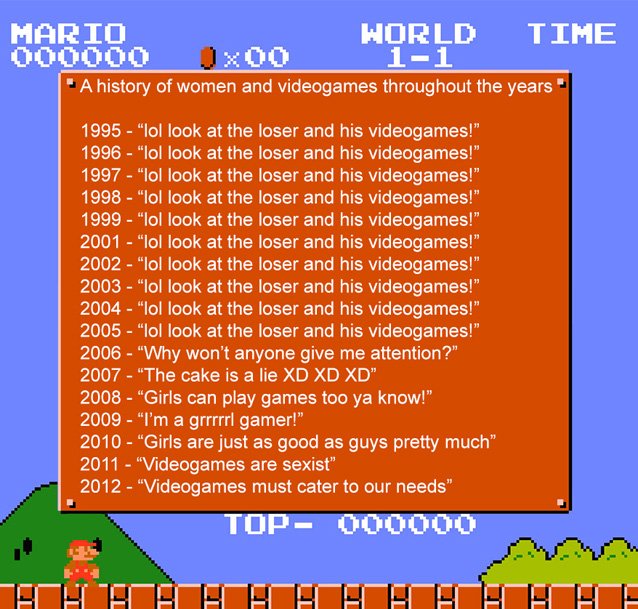
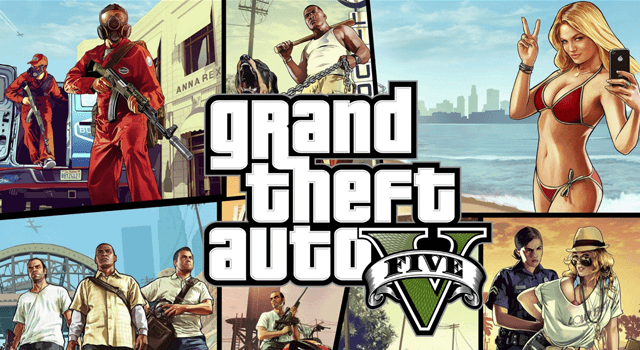
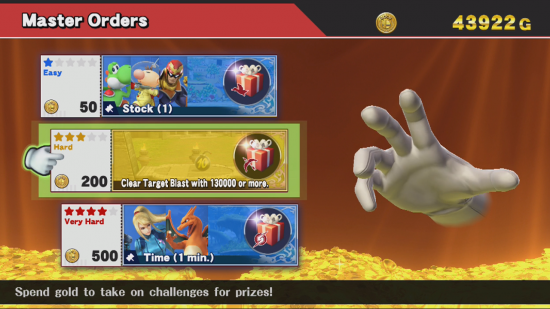
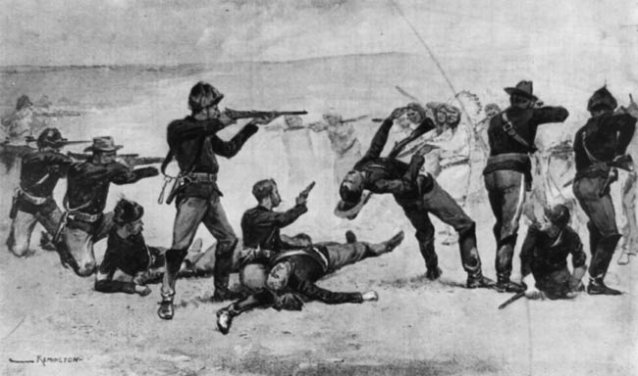
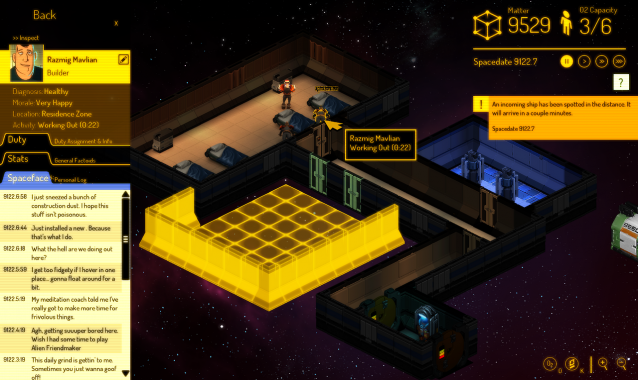 First Impressions of Double Fines Spacebase DF-9
First Impressions of Double Fines Spacebase DF-9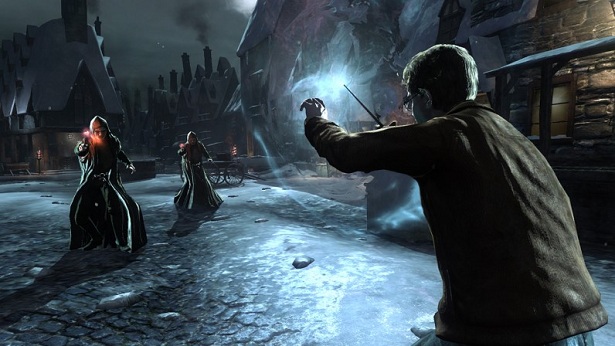 Harry Potter and the Deathly Hallows: Part 2 Walkthrough
Harry Potter and the Deathly Hallows: Part 2 Walkthrough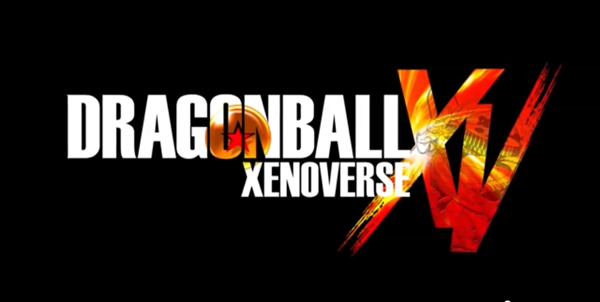 Dragon Ball XenoVerse: How to Fix Graphics issue, Launch Issues, Cell Jr storyline Bug, Resolution issue and more
Dragon Ball XenoVerse: How to Fix Graphics issue, Launch Issues, Cell Jr storyline Bug, Resolution issue and more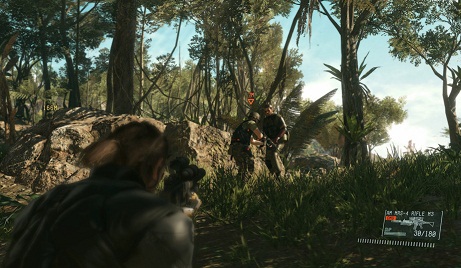 MGS 5 - The Phantom Pain: unlock / activate all codenames
MGS 5 - The Phantom Pain: unlock / activate all codenames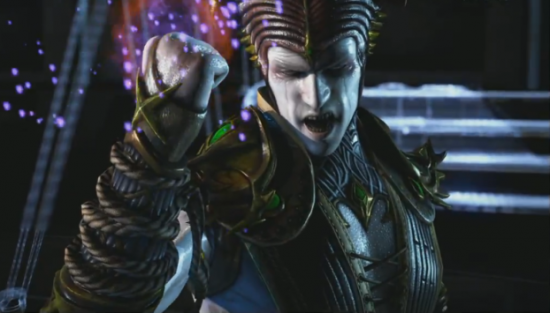 Mortal Kombat X Guide: How to Play Shinnok
Mortal Kombat X Guide: How to Play Shinnok